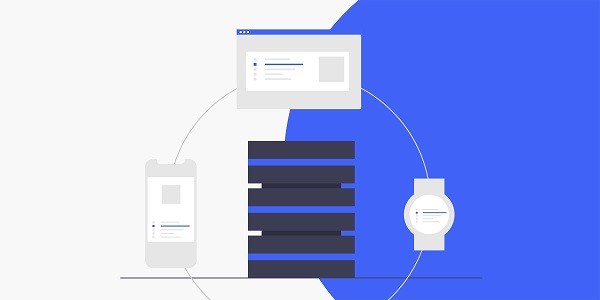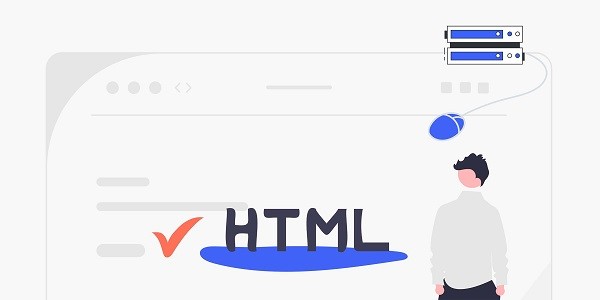What is Puppeteer? Why do we need an alternative?Puppeteer is an open source tool developed by Google, which is mainly used to automate operations through Headless Chrome or Chromium browsers, such as web crawling, form submission, performance testing, etc. Its core advantage lies in its deep integration with the Chrome ecosystem, but due to its dependence on a single browser, high resource usage, and stability issues in complex scenarios, developers often need to find alternatives to meet diverse needs.The dynamic residential proxy and static ISP proxy services provided by IP2world can provide stable IP support for browser automation tools. Especially in high-frequency operations or strict anti-crawl scenarios, the flexible switching of proxy IPs can significantly improve the task success rate. Which tools can replace Puppeteer to achieve cross-browser support?Cross-browser compatibility is a key requirement for many automation projects. Playwright is an open source tool launched by Microsoft that supports Chromium, Firefox, and WebKit, provides a unified API interface, and significantly reduces the cost of multi-browser adaptation. Its built-in automatic waiting mechanism and network interception function further improve the stability of the script.For scenarios that require compatibility with older browsers, Selenium is still a classic choice. It supports multiple browsers including IE through the WebDriver protocol. Although the configuration is relatively complex, it has rich community resources and plug-in ecology. What are the advantages of lightweight tools?If the project has strict performance requirements or needs to run in a low-configuration environment, lightweight tools such as Cypress and TestCafe are worth paying attention to. Cypress is known for its real-time reload and visual debugging, which is suitable for front-end testing; TestCafe does not require the installation of browser drivers, and uses pure JavaScript to achieve automated operations, making deployment more convenient.IP2world's exclusive data center proxy can provide dedicated IP resources for such tools, avoiding the risk of being blocked due to shared IPs, and is especially suitable for long-term monitoring tasks. How to optimize automation tasks through proxy IP?Browser automation often faces problems such as IP blocking and access frequency restrictions. By rotating proxy IPs, user behaviors in different geographical locations can be simulated to bypass anti-crawling mechanisms. For example, dynamic residential proxies can perform high-frequency operations with real user IPs, while static ISP proxies are suitable for scenarios that require fixed IP identity authentication.IP2world's S5 proxy supports the SOCKS5 protocol and can be directly integrated with most automation tools without additional configuration. Its unlimited server solution can also meet the needs of large-scale data capture and ensure task continuity. How to choose between open source tools and commercial solutions?Open source tools (such as Playwright and Selenium) are suitable for teams with limited budgets and technical debugging capabilities; while commercial tools (such as Katalon and SmartBear) usually provide visual interfaces, enterprise-level support, and cloud service integration, and are suitable for medium and large enterprises that pursue efficiency.No matter which tool you choose, combining it with IP2world's proxy IP service can improve task reliability. For example, in the e-commerce price monitoring scenario, dynamic residential proxies can simulate real user browsing behavior and reduce the probability of being blocked; static ISP proxies are suitable for advertising delivery verification that requires a stable IP. ConclusionAs a professional proxy IP service provider, IP2world provides a variety of high-quality proxy IP products, including unlimited servers, static ISP proxies, exclusive data center proxies, S5 proxies and dynamic residential proxies, suitable for a variety of application scenarios. If you are looking for a reliable proxy IP service, welcome to visit the IP2world official website for more details.
2025-05-10





